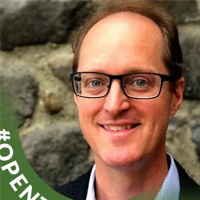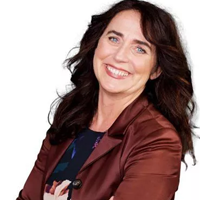
Workshop
The Achieving Requisite Agility Workshop for Change Makers
The RA Workshop will lay the foundation of the skills and knowledge needed to draw up a road-map for developing Requisite Agility for clients. It will deliver hands-on experience of a rigorous seven-step process enabling an organisation to grow and develop Requisite Agility. The aim of the Workshop is to equip Change Agents with organisational development tools that will guide their client toward Requisite Agility. As a result, productive change becomes a way of life within the organisation, manifesting as assertive and creative adaptation to new or unpredicted challenges. Turbulence in the external environments, what we call the changing landscapes of opportunities and threats, need to be matched by a balance of flexibility and organisational constancy that maintains necessary alignment, as a gymnast who lands erect or a diver who enters the water without a splash.
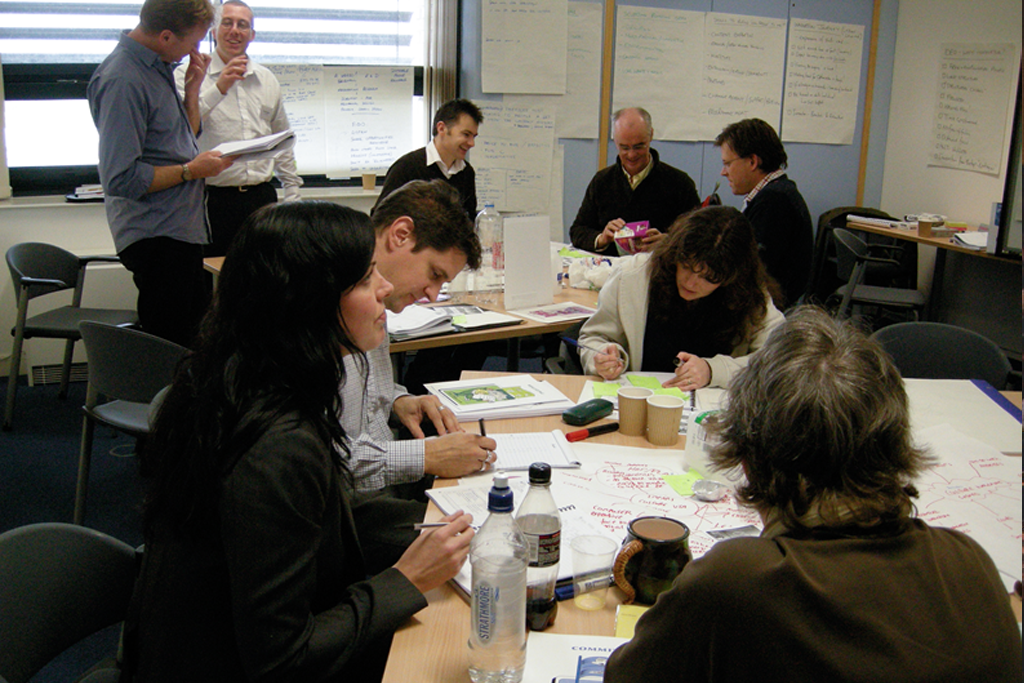
How Will The Workshop Be Structured?

Prework: Before attending the workshop participants will be asked to undertake approximately four-hours of preparation as it is important that everyone participating understands how the construct of organisational agility has evolved over the past 40 years.
The workshop begins with an orientating presentation in the research insights that led to the development of the Requisite Agility model of Organisation Development. Participants will be introduced to the EAfA (Exploiting Agility for Advantage) seven-step model that provides a structured format for organisations to learn how to become effectively agile. The main body of the workshop provides an opportunity to gain hands-on experience of the EAfA approach as small groups will apply each step to a real-life case.
The Seven Steps
starts the learning journey by summarising findings from 30 years of academic research and practitioner experience into organisational agility, thereby providing a shared conceptual platform for those using the EAfA Process.
uses foresight techniques to define future agility capability requirements.
assessing their current state of agility readiness by comparing their own organisation against a research-based model of the systemic characteristics of a requisitely agile organisation.
conducting a thought experiment and developing a rich-picture description, an Agility Ambition, of what will, or will not, be happening when their organisation is requisitely agile.
defines what requisite agility is needed urgently (the one-year view); in the foreseeable future (the three-year view) and in the middle-distant future (the seven-year view).
enables types of agility to be selected that meet the needs of the organisation.
developing a change agenda, selecting a theory of change and defining the goals of an agility-orientated organisational development programme.
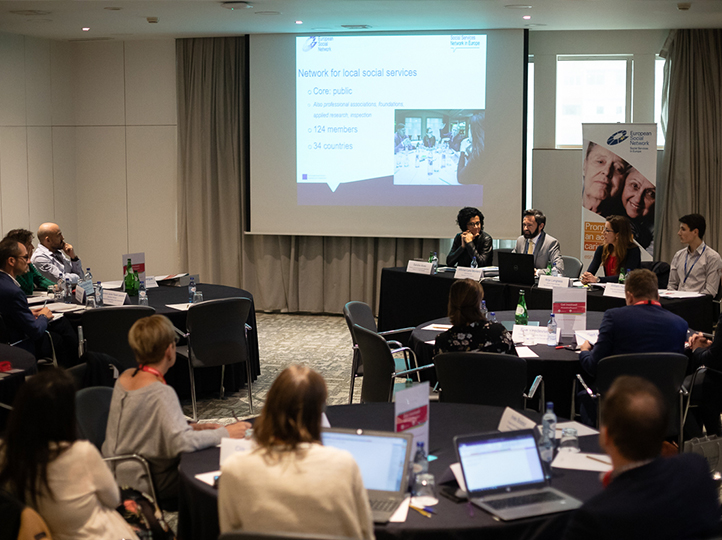
The workshop concludes with participants being provided with a framework to enable them to continue their own learning and development and ways to brief Top Management Teams on strategies to become requisitely agile.

Who Should Attend The Requisite Agility Workshop For Change Agents?
This workshop is intended for Change Agents with job titles such as Organisation Development Manager, Transformation Leader, Learning & Development Director, Capacity Building Project Manager or Agile Implementation Specialist. People with other job roles are invited to contact the workshop delivery team to discuss their participation.
What Resources Will I Receive?
All participants will receive a copy of the book ‘Exploiting Agility for Advantage: A Step-by-Step Process for Acquiring Requisite Organisational Agility’ by Dr David L Francis. The title of the book shows that the real management challenge is not to adopt agility principles universally but to develop agility requisitely, meaning selectively, in ways that can strengthen an organisation for both short- and long-term advantage. The workshop participants will complete the exercises in an EAfA workbook which will serve as the foundation for future recommendations, presentations, and Organisation Development planning.

Requisite Agility Conference Are Attended By:

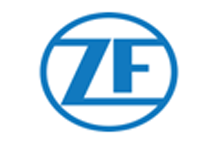
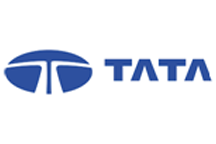

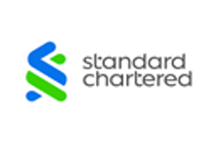
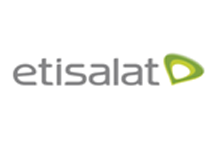


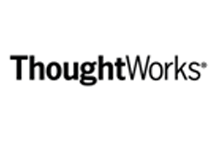
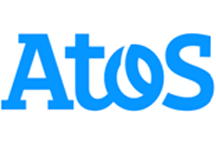

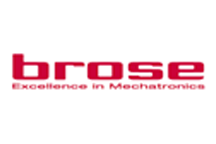

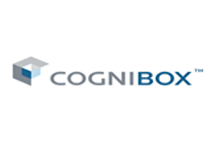
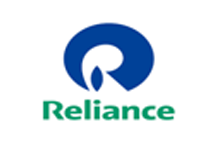
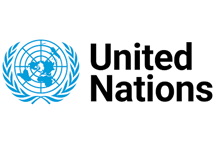




Who Will Deliver The Workshop?
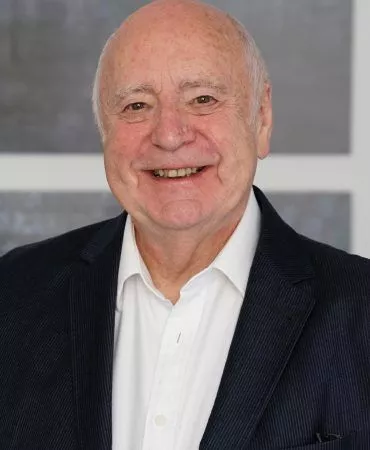
The workshop director is Dr David L Francis who was the Team Leader of the first academic research study to identify the importance of Requisite Agility more than 20 years ago. Dr Francis has continued to investigate the managerial challenges of becoming effectively agile advising organisations as diverse as a silicon valley technology leader, one of the largest food companies in the world, a UN Agency sponsoring projects to help impoverished communities and an order of the Roman Catholic Church.
Dr Francis is a member of CENTRIM (the Centre for research into Change Management, Entrepreneurship and Innovation) within the School for Business and Law, University of Brighton. CENTRIM investigated how managers can transform their organisation to become effectively agile for more than two decades. Currently Dr Francis is a Facilitator of the UK Government’s Help-to-Grow programme which is tasked with the development of agility in
more than 30,000 smaller enterprises in the UK.
Meet Our Workshop faculty
Benjamin P. Taylor
Sunil Prashara
Scott Ambler
Geordie Keitt
Eve Simon
Sponsors and Partners

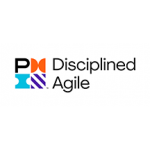
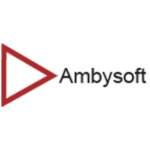
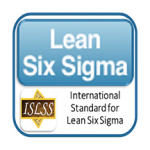
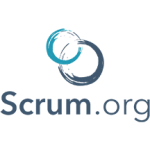

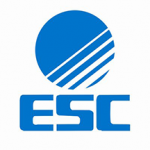
Get Direction to the Event
-
Venue
SULLIVAN & STANLEY
-
Address
Birrane House, 2-4 Southwark Street, London SE11TQ
- Venue Info
Get Direction to the Event
-
Venue
Edward Street, City Campus
-
Address
154-155 Edward St, Brighton BN2 0JG, UK
- Venue Info
